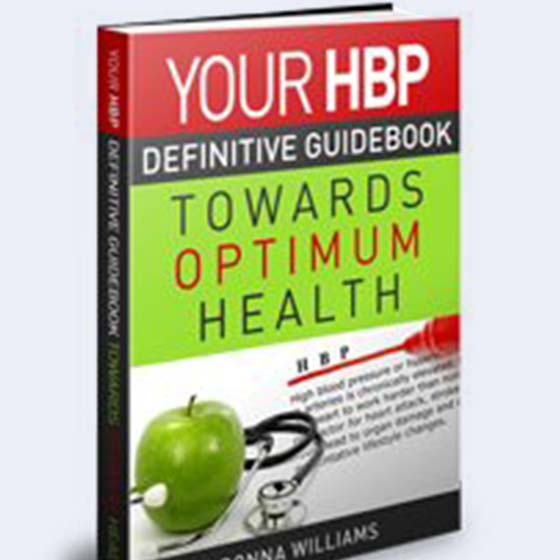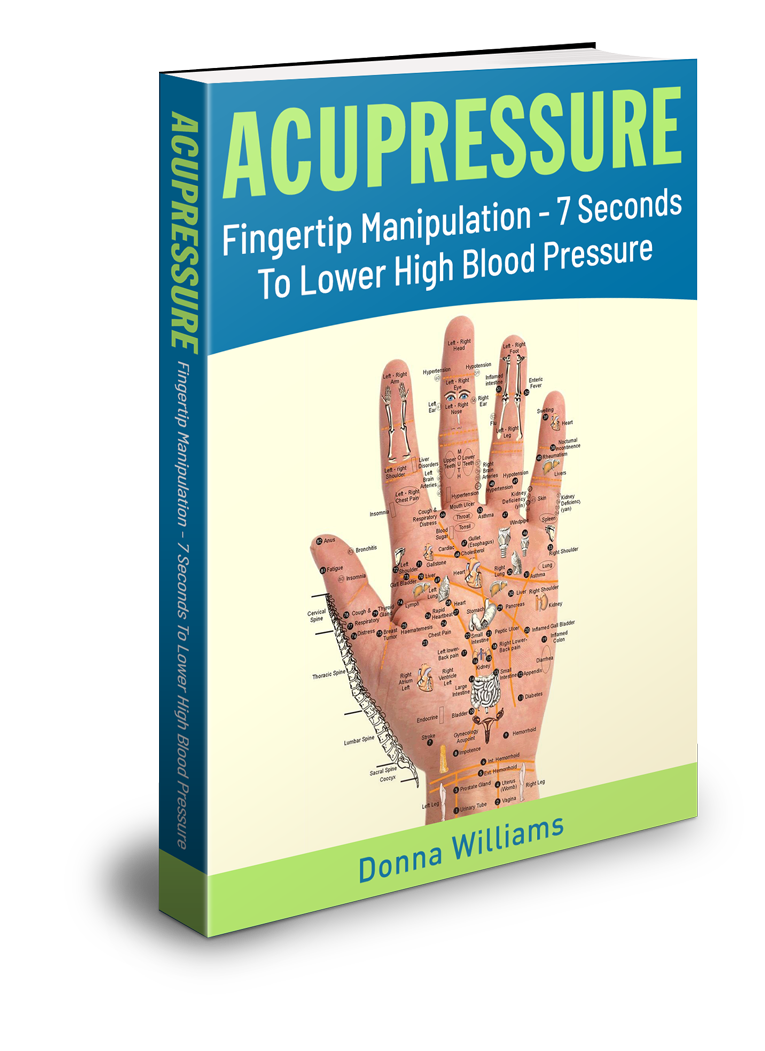Health is wealth, eat well to live well.
Join my community and receive my free ebook! Subscribe now >>
Snoring And High Blood Pressure
Studies have shown that there may be a link between snoring and high blood pressure. If you are a snorer, you should know that your night time noises may be more than simply annoying to the people around you. In fact, sleep experts have confirmed that disturbed breathing in middle-aged to older persons while sleeping are associated with high blood pressure.
This finding is regardless of the gender or race of the individual. So is your sleep apnea causing your high blood pressure?
What Is Sleep Apnea
Sleep apnea is a condition in which you gasps for breath and snores during sleep with several stops in your breathing. If this happens five or more times within a hour it is significant to your health.

Although many individuals are unaware of their abnormalities in breathing, scientists who have studied people during slumber have found there to be a strong link between snoring, high blood pressure and sleep apnea.
Sleep apnea is characterized by the obstruction of the flow of air through the nose and mouth, which takes place during slumber. It has been found to occur in one in ten women and one in four men.
Researches have found there to be a clear link between the increased frequency of sleep apnea incidents and high blood pressure, especially amongst obese individuals. In fact, being obese is one the main cause of sleep apnea.
Sleeping takes up about a third of our entire lives and is critically important. Not only does your immune system kicks into high gear while you are sleeping but your brain wind downs, sort out neural connections made during the previous day, and restores itself.
Obesity, Snoring And High Blood Pressure
Research has found that the risk of high blood pressure in a snorer is twice as high than for a person who does not snore. In addition, one in every two individuals who suffer from sleep apnea also has high blood pressure.
It wouldn't come as a surprise to many medical experts that a person with hypertension would snore.
What's more, obesity, which often goes hand in hand with high blood pressure, has been found to be yet another contributing factor to your snoring.
Health experts recommend that you ask yourself whether you suffer from a breathing problem while sleeping. It is also important to ask your spouse, loved one or family, because in most instances they would know if you snore.
Once you have identified symptoms of sleep apnea, it is important to immediately consult your doctor who can advise you on the right treatment to undergo. Common symptoms of sleep apnea may include snoring loudly, feeling sleepy during the day, extreme fatigue, headaches or even being overweight.
But is there truly a snoring and high blood pressure link?
Measuring Blood Pressure In A Sleep Lab
During your sleeping phase, your blood pressure will follow a set course, it will drop by 10 to 20% in comparison to its average daily value. In the early morning, your blood pressure value will appear to be especially low. One of the key reasons for the nightly drop in blood pressure is to provide your cardio vascular system with some rest.
Studies have show that individuals who get eight hours or more of sleep are less susceptible to suffering from high blood pressure than those who only get six hours or less of sleep.
Snoring and its resultant low oxygen supply to your body may produce similar effects to the lack of sleep, and in this way possibly contribute to hypertension. It is nevertheless important to add that scientists have not been able to conclusively state that snoring and high blood pressure are correlated.
Return From Snoring And High Blood Pressure To What Causes High Blood Pressure





New! Comments
Have your say about what you just read! Leave me a comment in the box below.